Are Machines taking over? The Impact of AI on Education and Research in Nigeria
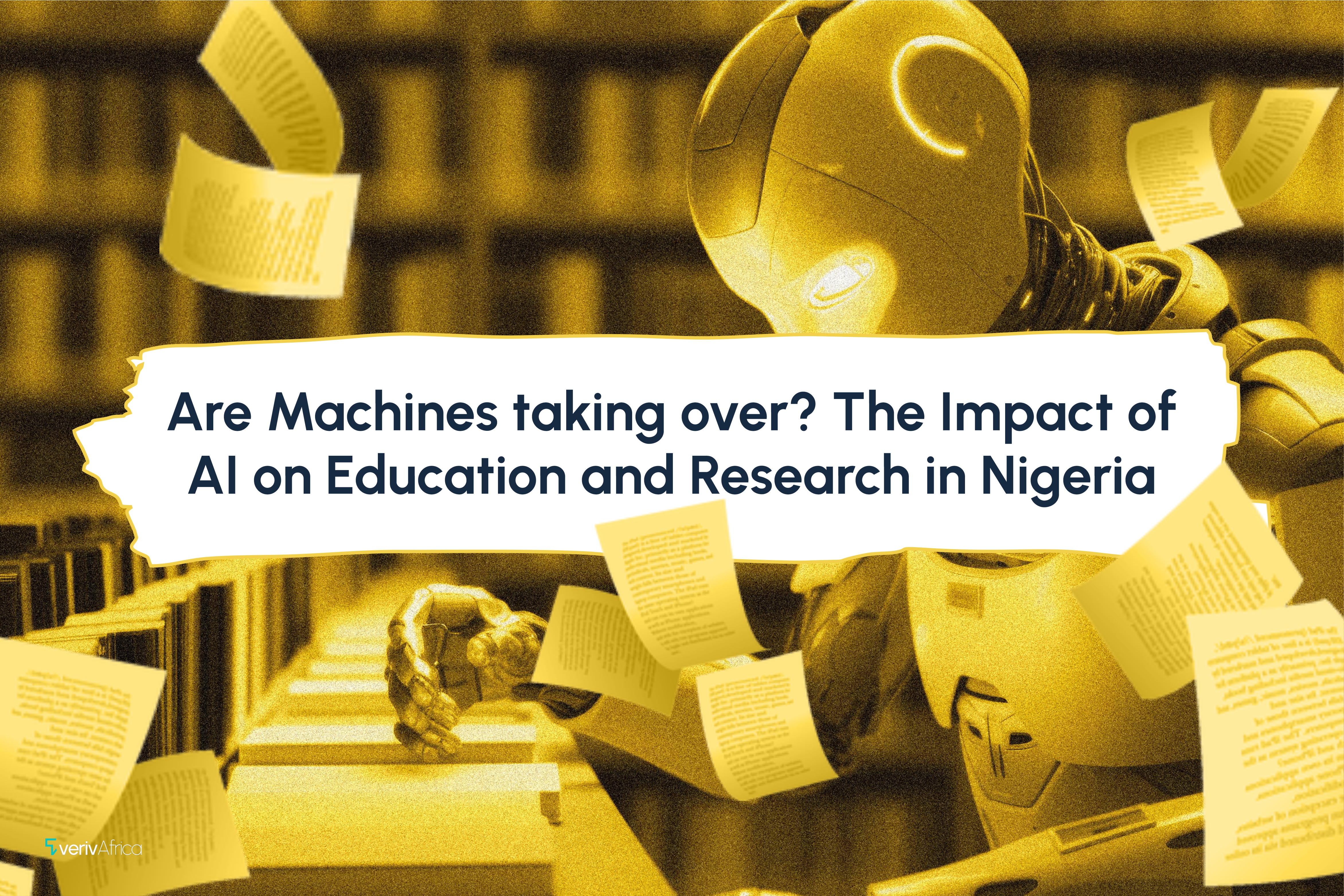
Education entails a teaching process involving an instructor and students in the formal or informal learning sector. For teaching and learning to happen, there must be a teacher willing to teach the students voluntarily or for a price. The education process is intended to equip students with knowledge of specific values, talents, or skills (hard or soft skills). Donaldson and Allen-Handy regard education as a product purchased by consumers as well as the act of acquiring knowledge-related commodities. Nelson Mandela called it “ the most powerful weapon you can use to change the world.” This shows that education is a means to an end. It gives learners the opportunity to be equipped with the tools to navigate life while offering hope to obtain future dreams, hopes, and aspirations.
Hampshire College conceptualised research as a logical probing process involving data collection, review, analysis, documentation, interpretation, and reporting or presenting findings from the study using appropriate disciplinary methodologies. Western Sydney University holds that research involves creating new awareness using existing information or modifying old data to produce new ideas or approaches.
Research and learning depend on data or information stored or shared in hard or soft copies or formats. Students rely on published (hard copy) materials to navigate their journey; however, reliance on soft copy materials has increased in the 21st century. With this development, the internet has become the “go-to” library for students, thereby limiting scholars' use of hard-copy literature. This development has led to increased reliance on Artificial Intelligence (AI) by scholars, due to its speed and the large number of references available to AI. This has also raised worries about whether robots will completely take over human teaching and research and its implications for education.
Statistics on the Global Use of AI
According to Britannica, Artificial Intelligence (AI) is the “ability of a digital computer or computer-controlled robot to perform tasks commonly associated with intelligent beings.” Artificial intelligence refers to computers invented to replicate human intelligence faster and more accurately. Although humans have utilised machines for different functions, the official history of AI began with Alan Mathison Turing’s computer innovation in 1936, upon which all modern computers are hinged. Turing’s publication in 1950 raised the question, “Can machines think?” and gave rise to the Turing Test. Research suggests that by 2000, 70% of people who spend more than five minutes interacting with computers might be unable to tell the difference between a robot and a human.
However, it was not until after Dartmouth's 1956 summer workshop on "artificial intelligence" that the term ‘artificial intelligence’ was used. John McCarthy, Marvin Minsky, Claude Shannon, and Nathaniel Rochester organised the seminar. Turing’s Turing Test and the 1956 conference raised significant awareness of AI and its advancement in the future.
The creation of ChatGPT in 2022 increased the reliance on AI for educational and learning objectives. The latest available data indicates that the global AI market increased by $60 billion in 2022 to over $196 billion in 2023. It also showed that over 97 million people will be employed in the AI industry by 2025, with the global AI market expected to grow by at least 120% year-over-year to reach $1.81 trillion by 2030.
Implications of AI on Education and Research in Nigeria and The Way Forward
AI is a relatively new concept in Nigeria. However, Nigerians should still consider the possible implications for research and learning. According to Google, the number of AI searches in Nigeria increased by 100% in 2022 and 1,660% within five years (2019-2023). Curiosity is estimated to keep rising, thereby increasing the number of users.
Although Nigeria is a latecomer to global AI innovation, startups have ventured into the sector. Uniccon Group, in 2022, invented Omeife, a 6-foot-tall human-like robot, the first multilingual robot produced in Africa that is fluent in Yoruba, Hausa, Igbo, French, Arabic, Kiswahili, Pidgin, Wazobia, and Afrikaans. More technology companies like Smart Web Nigeria Limited, Crystalfix Nigeria Limited (CNL), Swift Telephone Network Limited (STN), and Cedarview Communications Limited (CCL) are making an impact in Nigeria’s AI and technology sector.
AI has improved teaching and learning as well as research in Nigeria. However, the rate of student and scholar reliance on it needs to be checked to avoid misuse. While many use AI to check for plagiarism, grammar and reference structures, proofread essays, and even dictate AI scores, others use it to write a whole essay. AI tools like Quillbot and Grammarly help students and researchers have better writing output. AI tools like Canva and Slidesgo are used, among other things, by scholars to make smart content and presentations more colourful and concise, while others, like Open AI ChatGPT, are used to generate academic content. While this article posits that AI has made learning and research easier, it has also led to an over-reliance on computers and robots to generate research articles and run assignments.
AI exposes students and researchers to global and more comprehensive content and helps submerge them into a global scheme of work, but at the same time, it impedes the progress of education. Reliance on AI tools like ChatGPT has limited students’ intellectual dedication to academic assignments. Students and researchers turn to AI to produce articles and assignments of higher quality than they would have produced without the aid of AI.
While Nigerians utilise the benefits of large language models in education and research, promoting its efficient use for positive development purposes in these fields is necessary. The National Centre for Artificial Intelligence and Robotics Abuja (NCAIR) should also strive to promote grass-roots scoping for crude or semi-crude AI innovations that can aid in promoting technology in Nigeria, as well as in education and research.
In addition, just as in countries like China, Cuba, Italy, Iran, North Korea, Russia, Syria, and in some African countries like the Central African Republic, Chad, Eritrea, Eswatini, and South Sudan, the Nigerian government should prioritise policies that will ensure that students who overly rely on these tools are punished. When such policies are implemented and adequately followed, the human factor in Education and research will be upheld in Nigeria.
References
Adigun, G O, Yusuf Ayodeji Ajani, and Aboyade, M A. (2023). Undergraduate Students' Perspectives in Optimising Chatbot for Reference Services in Nigerian Higher Institutions: A Comparative Analysis of ChatGPT and Conventional Reference Assistance. https://researchgate.net/publication/379411385_Undergraduate_Students'_Perspectives_in_Optimising_Chatbot_for_Reference_Services_in_Nigerian_Higher_Institutions_A_Comparative_Analysis_of_ChatGPT_and_Conventional_Reference_Assistance
Alan Mathison Turing. (1950). Computing Machinery and Intelligence. https://academic.oup.com/mind/article-pdf/LIX/236/433/30123314/lix-236-433.pdf
Alexander S. Gillis. (2023). What are hard skills? https://www.techtarget.com/searchcio/definition/hard-skills
Britannica. (2024). Artificial Intelligence. https://www.britannica.com/technology/artificial-intelligence
Britannica. (2024). ChatGPT Software. https://www.britannica.com/technology/ChatGPT
Grace Solomonoff. (2023). The Meeting of the Minds That Launched AI There’s more to this group photo from a 1956 AI workshop than you’d think. https://spectrum.ieee.org/dartmouth-ai-workshop
Hampshire College. (n.d). What Is Research? https://www.hampshire.edu/what-research
Ian Watson. (2012). How Alan Turing Invented the Computer Age. https://www.scientificamerican.com/blog/guest-blog/how-alan-turing-invented-the-computer-age/
Investopedia. (2023). The Turing Test: What Is It, What Can Pass It, and Limitations. https://www.investopedia.com/terms/t/turing-test.asp
Joe Cote. (2018). What are Soft Skills, and Why are They Important in the Workplace? https://www.snhu.edu/about-us/newsroom/career/what-are-soft-skills
Jonan Phillip Donaldson and Ayana Allen-Handy. (2023). What is learning? A complex conceptual systems analysis of conceptualisations of learning. https://www.sciencedirect.com/science/article/pii/S2666374023000298
Josh Howarth. (2024). 57 NEW Artificial Intelligence Statistics (Jun 2024). https://explodingtopics.com/blog/ai-statistics
Na'ankwat Dariem. (2022). Nigeria To Unveil Africa’s First Humanoid Robot “Omeife”. https://von.gov.ng/nigeria-to-unveil-africas-first-humanoid-robot-omeife/
Olamide Ologunagbe. Nigerians’ interest in AI surges over 17-fold in five years – Google. Business Day.https://businessday.ng/companies/article/nigerians-interest-in-ai-surges-over-17-fold-in-five-years-google/
Padrig Jones. (2024). 78 Artificial Intelligence Statistics and Trends for 2024. https://www.semrush.com/blog/artificial-intelligence-stats/
Paul Ellis. (2019). Changing the world through education – how Nelson Mandela created the conditions for success. https://blog.cambridgeinternational.org/nelson-mandela/
Telangana Today. (2024). List of countries where ChatGPT is banned. https://telanganatoday.com/list-of-countries-where-chatgpt-is-banned
The Conference Board. (n.d). AI Large Language Models Under Fire: Update on Country Restrictions. https://www.conference-board.org/publications/pdf/index.cfm?brandingURL=restrictions-on-AI-large-language-models-by-country
Western Sydney University. (n.d). Definition of Research. https://www.westernsydney.edu.au/research/researchers/preparing_a_grant_application/dest_definition_of_research
Similar Insights
View All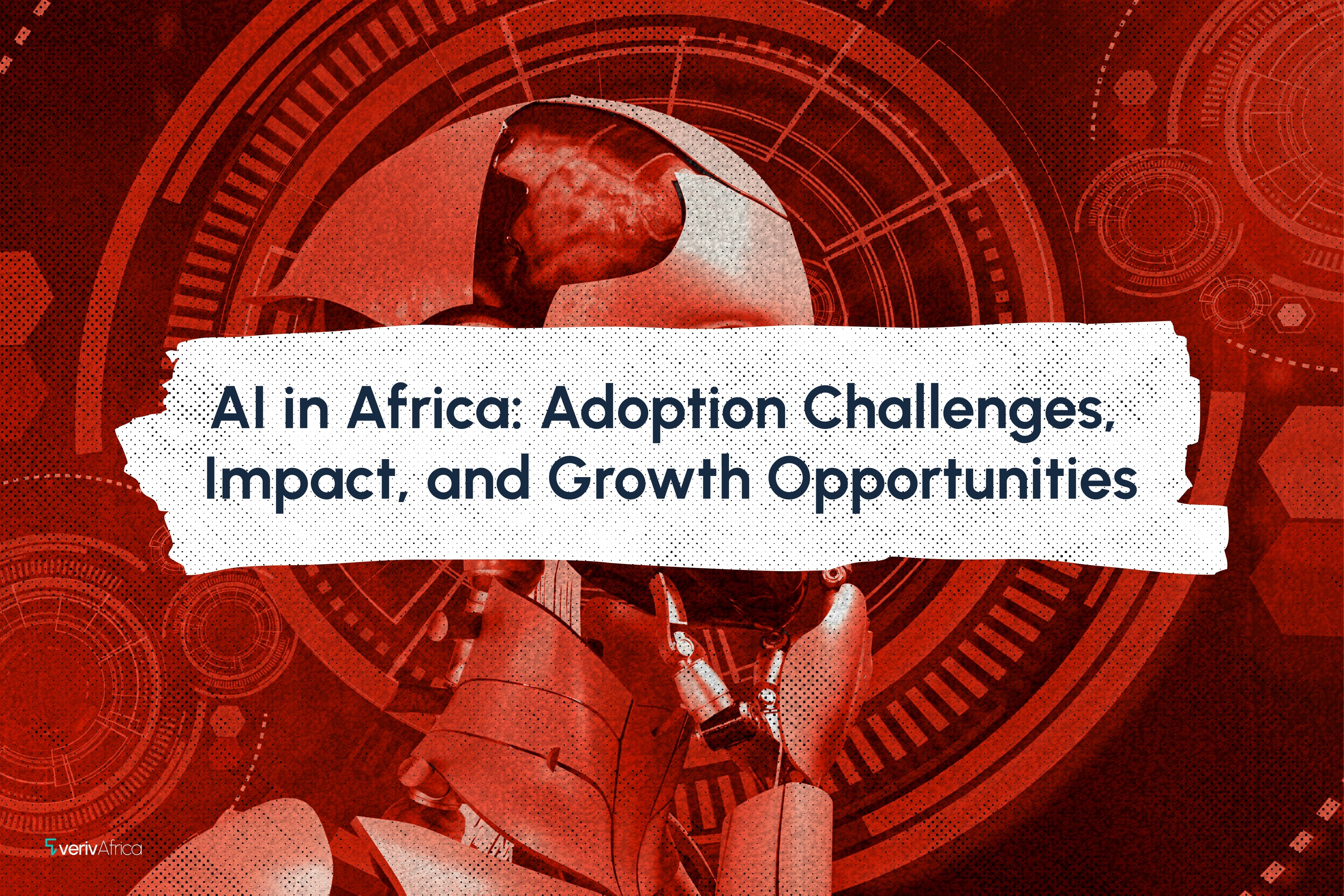
AI in Africa: Adoption Challenges, Impact, and Growth Opportunities
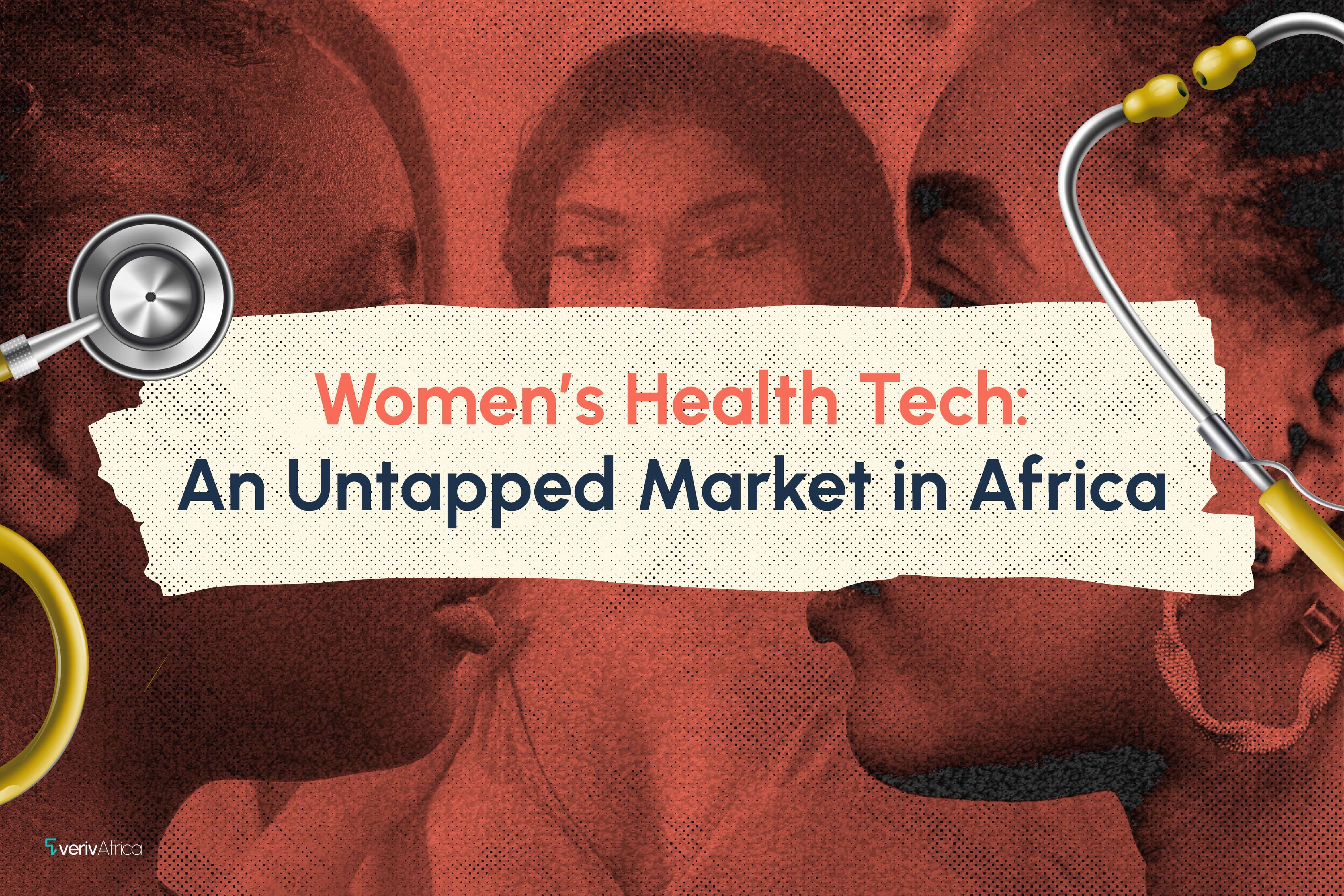
Women’s Health Tech: An Untapped Market in Africa
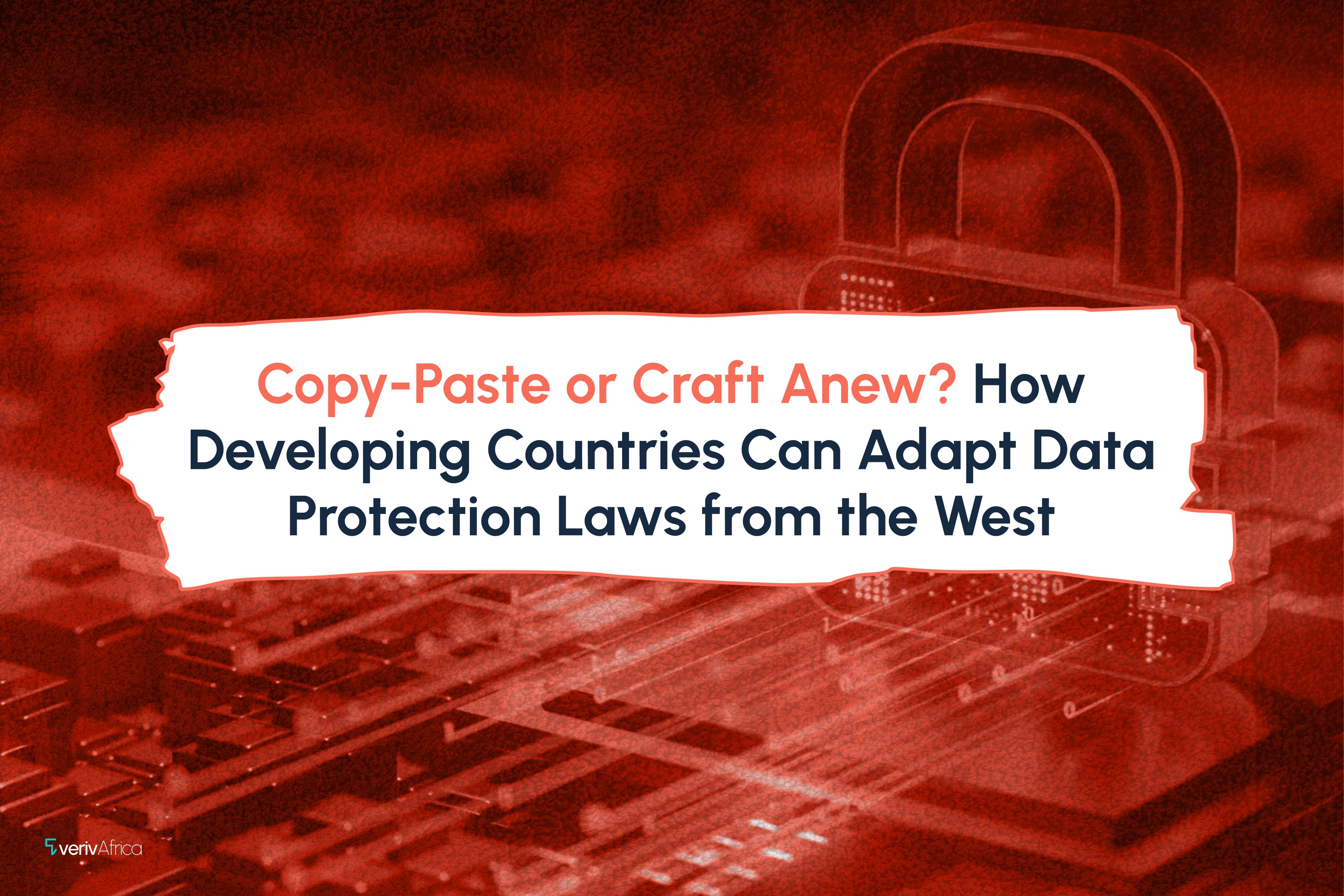
Copy-Paste or Craft Anew? How Developing Countries Can Adapt Data Protection Laws from the West
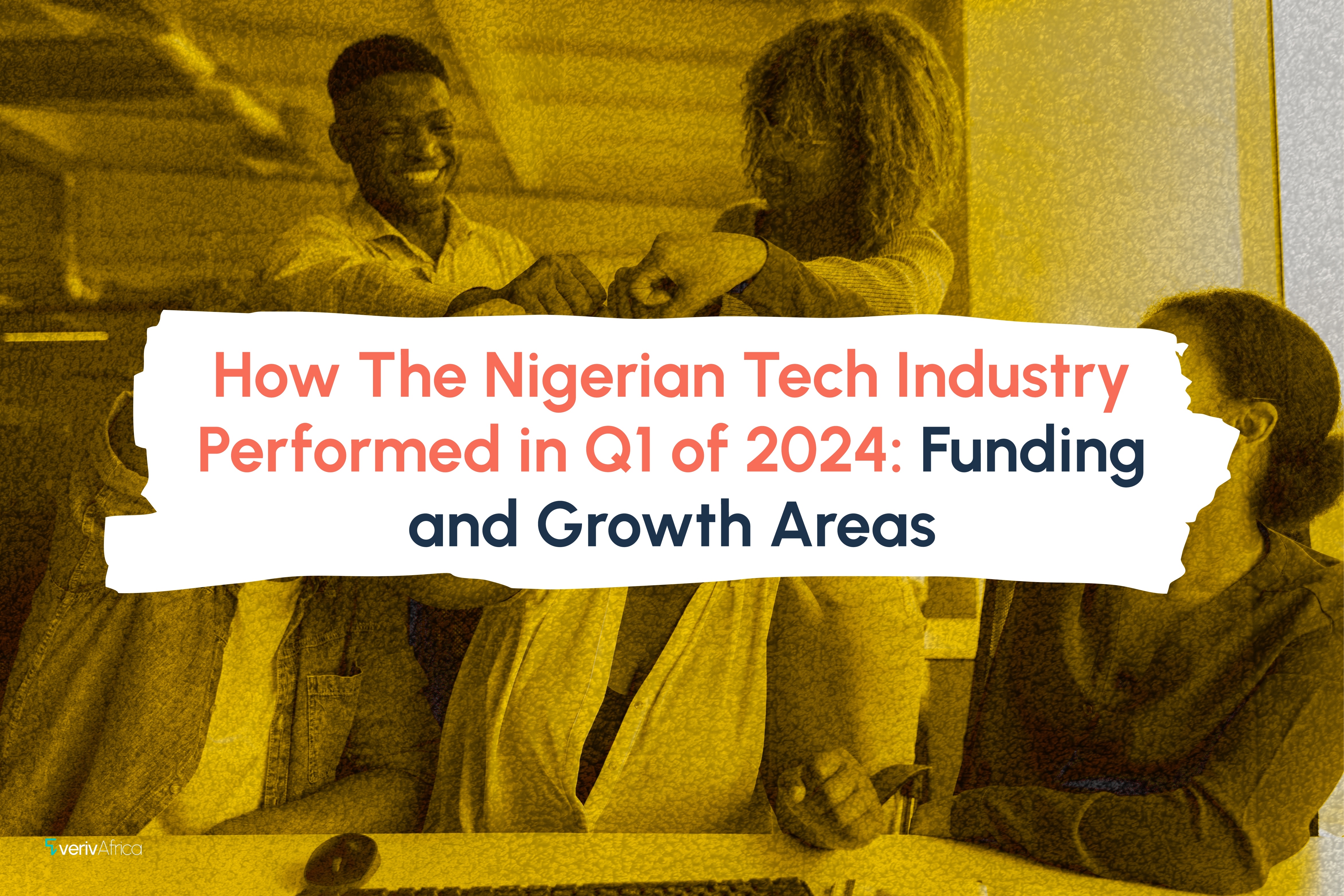
How The Nigerian Tech Industry Performed in Q1 of 2024: Funding and Growth Areas
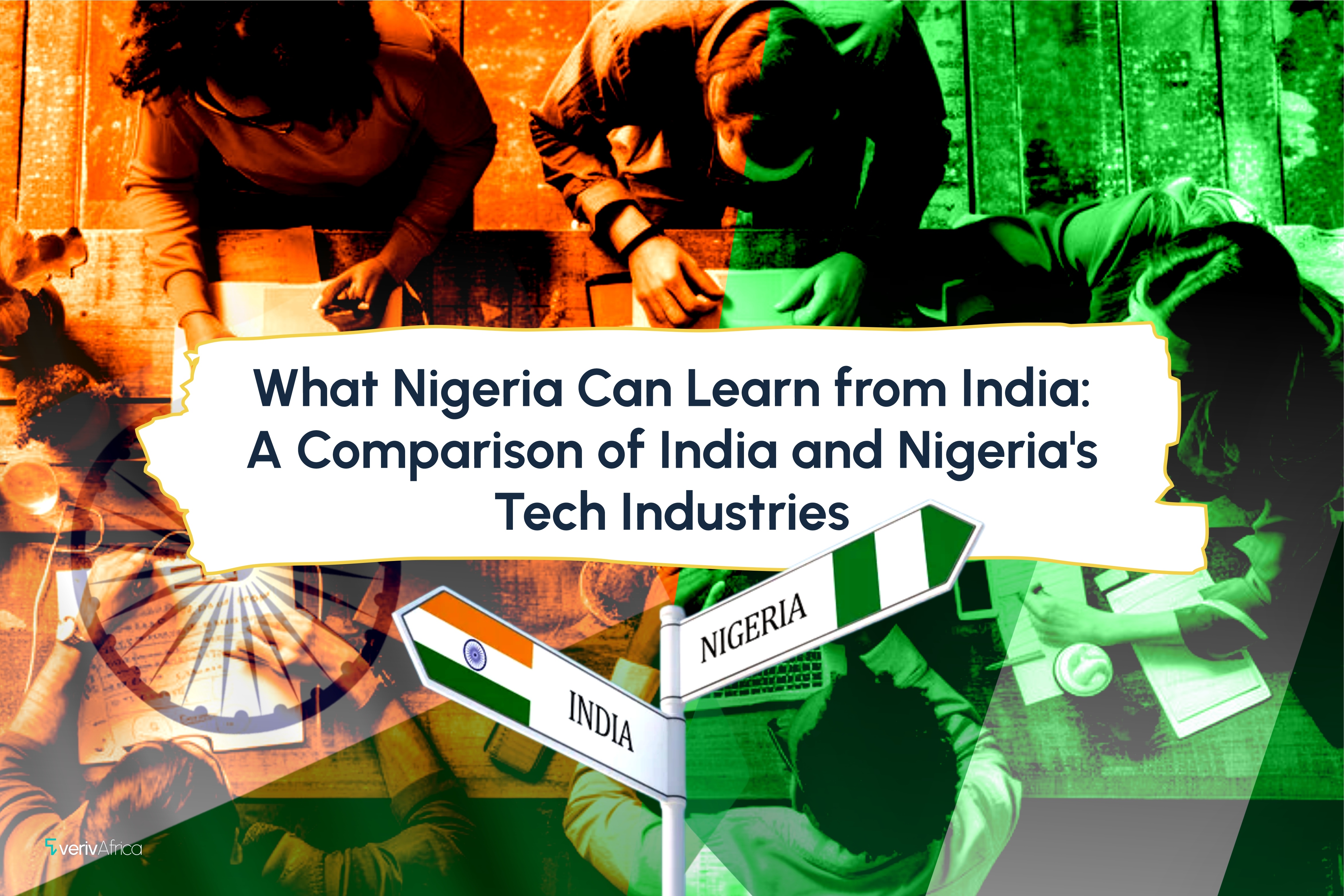
What Nigeria Can Learn from India: A Comparison of India and Nigeria's Tech Industries
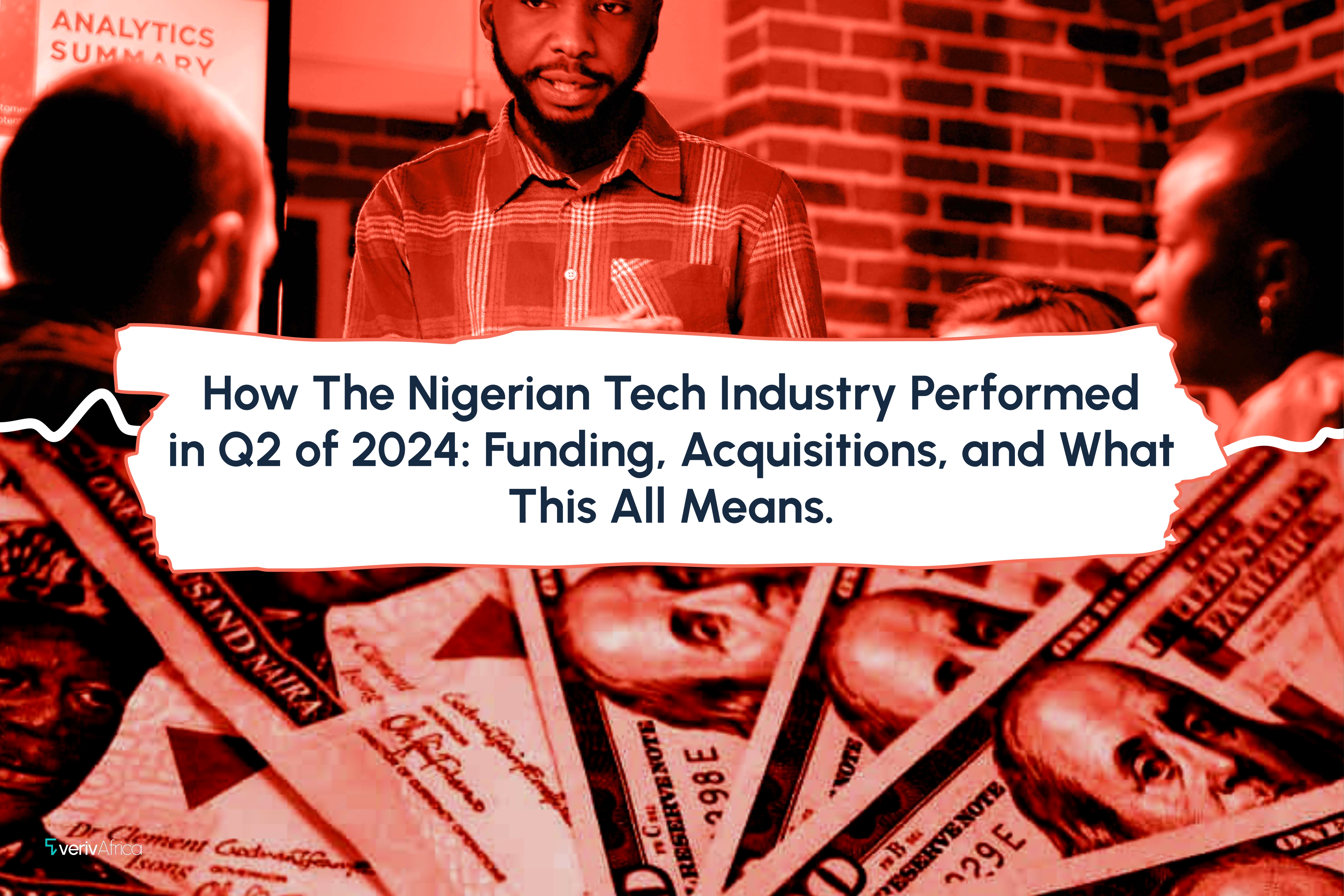
How The Nigerian Tech Industry Performed in Q2 of 2024: Funding, Acquisitions, and What This All Means
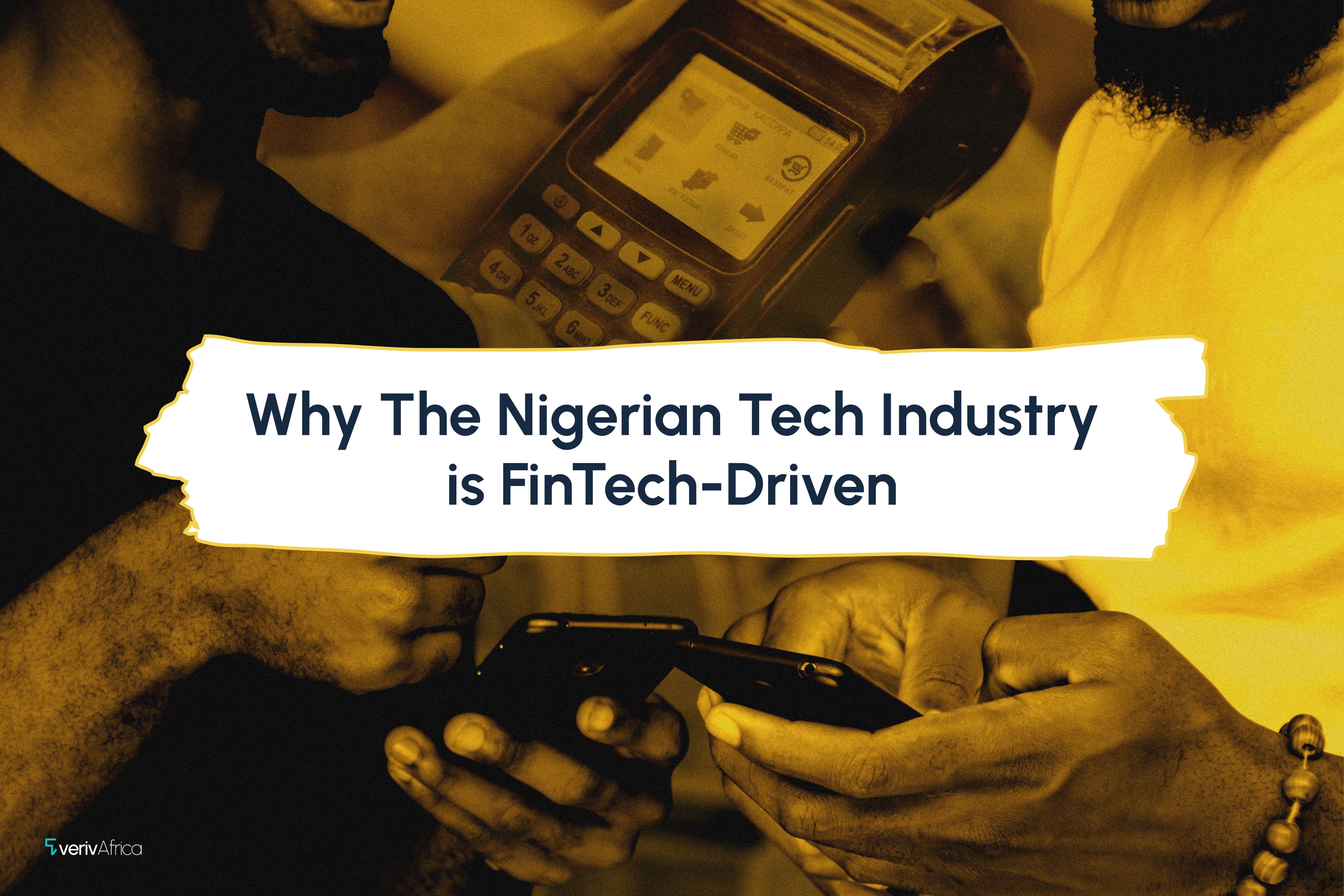
Why The Nigerian Tech Industry is FinTech-Driven

From Brick to Click: E-commerce and the Future of Retail
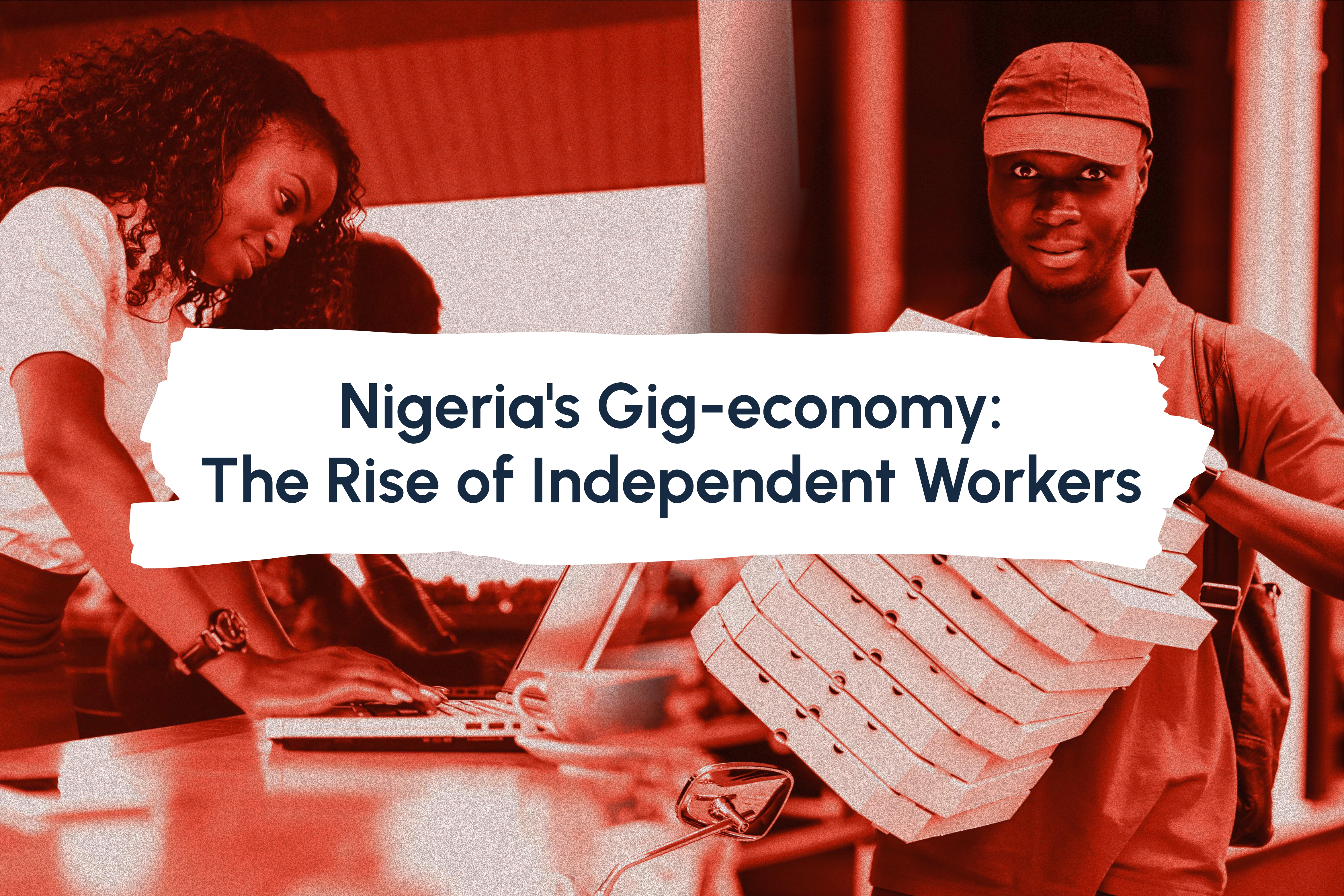
Nigeria's Gig-economy: The Rise of Independent Workers
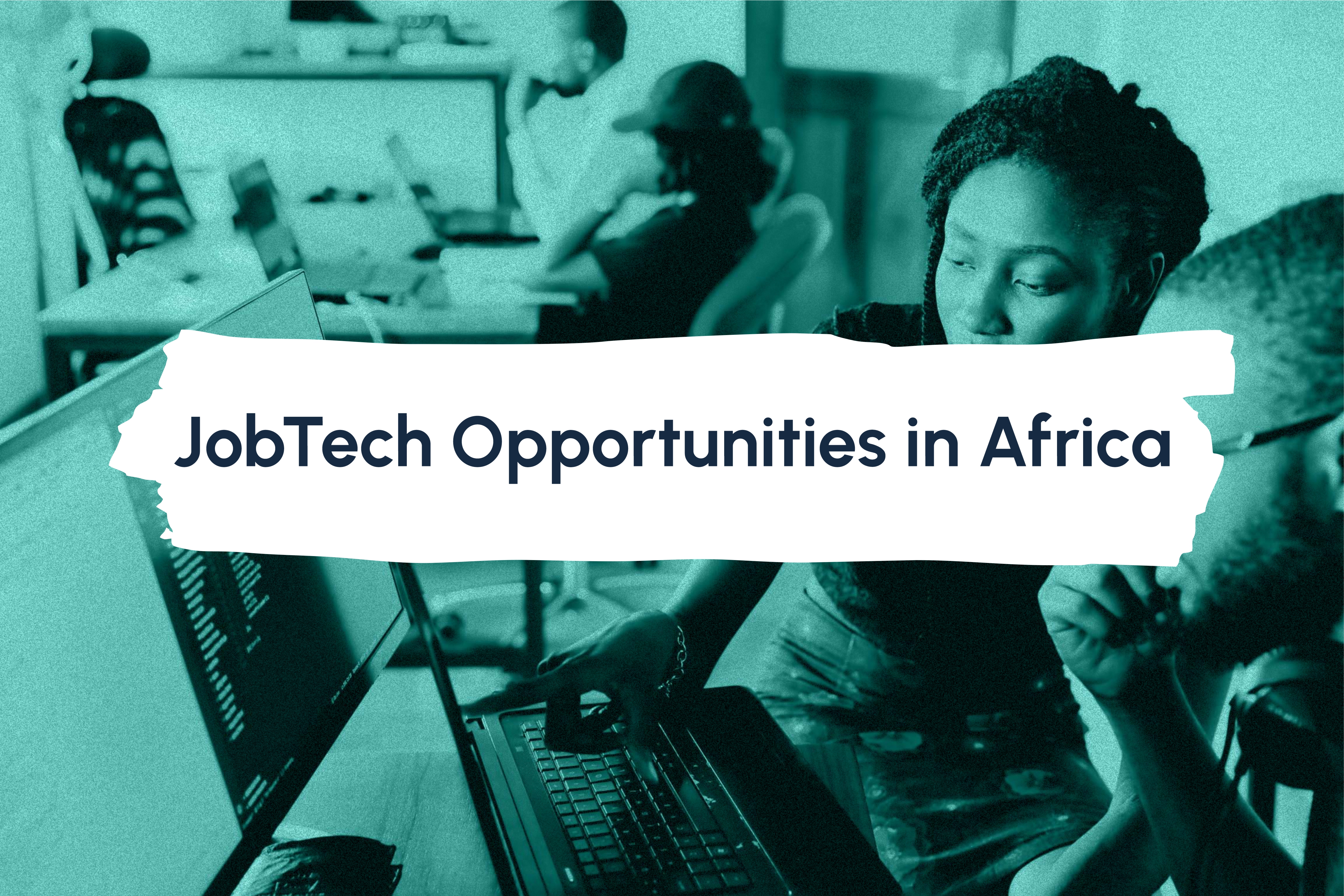
JobTech Opportunities in Africa
Don't miss out!
Our subscribers receive firsthand updates on our recent content. We hope you become one, too.
It's free, so why not?

